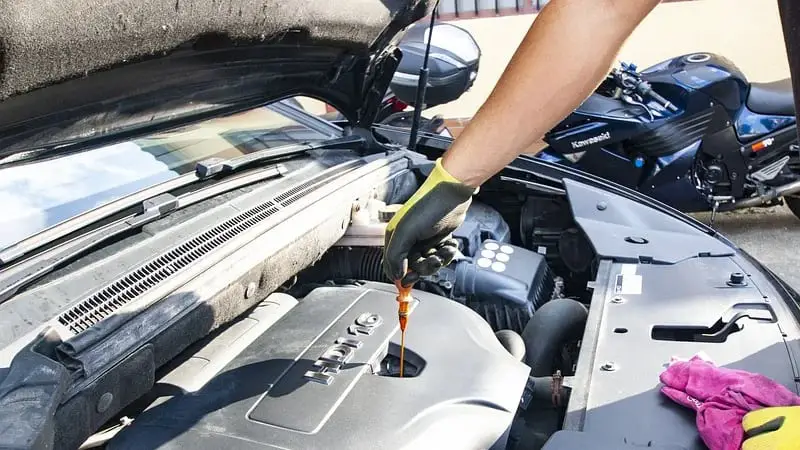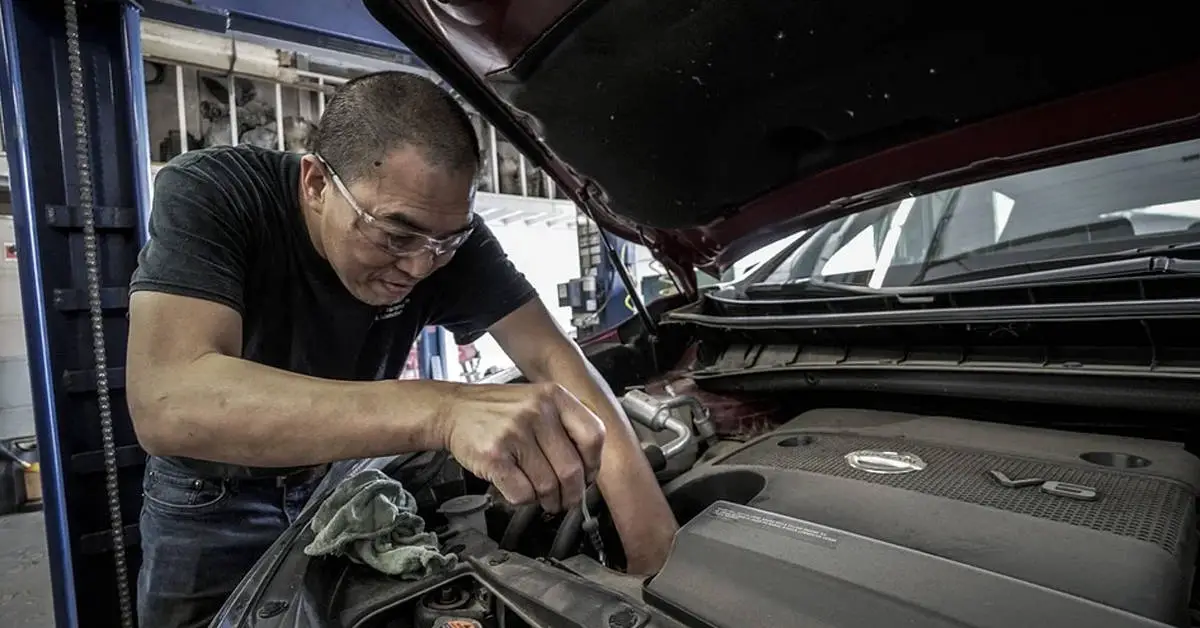A car’s battery and alternator are undoubtedly two of the most important parts of the vehicle. While a battery powers several functions in the vehicle like headlights, the alternator charges the battery to keep it working. But why does the alternator in some cars go bad routinely?
A bad alternator can be caused by a faulty battery or an issue with the computer controlling electrical functions in the vehicle. Also, it may be that the alternator has reached its end of life, as they’re not designed to work infinitely.
In this article, you’ll learn some of the reasons why your car’s alternator may have gone bad. Also, I’ll show you some maintenance tips that will help your car’s alternator last longer without routine damage.
What are the Signs of a Failing Alternator?

An alternator problem is pretty easy to spot if you know where to look. If you think your car has an alternator problem, here are some signs you should look out for in the car. If you notice one or more of the following signs, your car may have a bad alternator.
1. Malfunctioning or slow accessories
If your car’s radio or navigation system starts to work inconsistently, your alternator might be the cause of the problem. If the alternator doesn’t power the battery effectively, these gadgets will be unable to draw sufficient power, making it increasingly difficult to function properly.
If you have a failing alternator, you’ll notice your accessories malfunctioning in an order. The nonessential devices will shut down first, followed by the ones that are essential to the workability of the vehicle.
2. Abnormal lights
When alternators malfunction, they supply disproportionate voltage to the accessories in the car. If you notice unusually low or high performance in some of the lights in the car, it’s most likely a failing alternator.
For example, if your headlights get unusually bright or dim, or even if they alternate between the two, you should get your vehicle’s alternator checked.
3. Difficulties starting the car
If you’re reading this, you almost certainly know that you need a battery to start your car. In turn, your battery needs an alternator to work properly. If you face any unusual difficulties while trying to start your car, an alternator may be one of the culprits.
If your car struggles to start, you shouldn’t simply ignore it. Over time, the alternator will get worse, making it impossible to start the car without proper repair, which will cost even more at that point.
4. Dead battery
A dead battery isn’t an unusual occurrence for car owners. It may have just reached its end of life. However, if you think the end-of-life was way too soon, it may be your faulty alternator’s doing after all.
When your alternator goes bad, it will be unable to provide sufficient voltage to charge the battery. Thus, when you use the battery for regular functions, it depletes quicker than it should because it’s not getting juiced up.
A technician will be able to tell if your battery is dead due to a faulty alternator or if it just needs a replacement. Upon jumpstarting your car, if the car doesn’t die soon after, your alternator is fine. However, if the car turns off soon after turning on, you may need to replace the alternator.
5. Battery warning light
When most people see the battery warning light on their car’s dashboard, they think it’s a problem with their battery. However, this isn’t always the case, as the warning flashes when there is a problem with your car’s electrical system.
When the alternator doesn’t provide enough voltage to juice up the battery, most of the electrical functions in the car won’t work effectively, setting off the battery warning light.
Why Does My Car Alternator Keep Going Bad?

All of what I’ve mentioned above are the effects of a bad alternator. In this section, you’ll learn some of the causes of a bad alternator in your car to help maintain your car’s alternator and keep it from going bad.
Here are some of the major causes of a bad alternator in a vehicle, and some of the ways to prevent them from happening.
1. Computer issues
Computers manage all of the electrical functions in the vehicle. If this computer malfunctions, it may cause your alternator to supply the wrong voltage to the battery, setting off a chain of issues.
If the alternator develops a fault at a time when other electrical systems in the vehicle are also developing faults, it’s most likely the computer system. Fixing this quickly will prevent the problem with the alternator from becoming permanent.
2. Bad battery
If an alternator is made to charge a faulty battery, it will inevitably develop a fault. When checking a fault with the alternator, most mechanics will also examine your battery for any faults.
A bad battery will require a constant charge to keep up with the lightest of tasks. Since alternators are not designed to supply high voltages constantly for extended periods, a battery issue will almost certainly also damage the alternator.
3. End of life
Alternators aren’t designed to work infinitely. Like it or not, your car’s alternator will fold up one day and stop working. While you can delay this date, it will inevitably happen.
To prevent your car’s alternator from reaching its end of life quickly, you should keep your drive belt in good shape. In addition to that, always ensure that you always have a good battery installed to avoid damage due to stress.
4. Faulty wiring
If you open up the alternator under your vehicle’s hood, you’ll see a whole lot of wires pointing to it. If any of these wires were to drop down and stop working, it will affect a specific function or even the overall functionality of your car’s alternator.
If the problem with your car’s alternator is faulty wiring, it’s an easy fix. You can either replace the wire completely or solder it back in. If you’re not comfortable tampering with your vehicle, you should see a technician for the fix.

